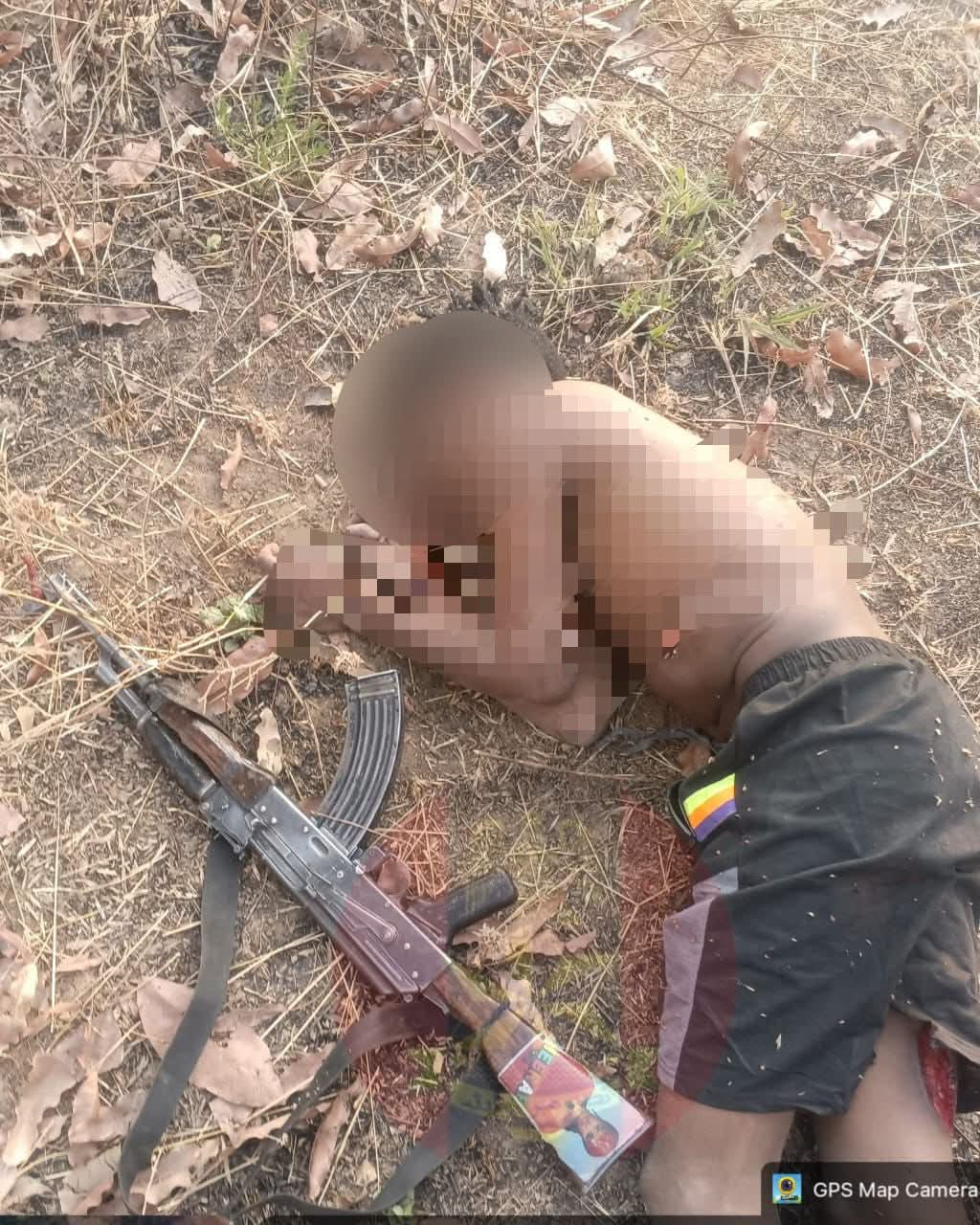
Plateau State’s Barkin Ladi and Riyom Identified as Most Deserted LGAs Due to Attacks
A recent study by the Stefanos Foundation has identified Barkin Ladi and Riyom Local Government Areas (LGAs) of Plateau State as having the most deserted settlements, with little or no human activity. These areas have also experienced the highest level of occupation by unidentified groups following years of coordinated attacks.
Mark Lipdo, Programme Coordinator of the Stefanos Foundation, a Christian faith-based NGO, revealed these findings at the conclusion of a three-day prayer conference held in Miango, Bassa LGA. The event was organized in collaboration with Flame International, UK. Lipdo warned that this alarming trend is spreading to other parts of Nigeria.
According to him, “The Stefanos Foundation organized this national conference specifically to pray for the land. Representatives from all 36 states of Nigeria, along with a team from Flame International led by Janice Ransom, participated in sessions focused on self-rededication, forgiveness, emotional trauma, and prayers for the land.”
Findings on Occupied and Deserted Communities
The Stefanos Foundation conducted a study between December 6 and 20, 2024, focusing on areas affected by violence in Northern and Central Plateau State. A total of 171 GPS coordinates were collected and classified as follows:
- Deserted communities: No buildings or human presence.
- Partially deserted communities: Ruins of buildings with very few inhabitants.
- Mixed communities: Previously attacked areas where both locals and Fulani settlers coexist.
- Overrun/Occupied communities: Fully taken over by Fulani settlers.
The spatial analysis showed that Barkin Ladi and Riyom LGAs have the highest number of deserted and overrun settlements. Partially deserted areas were found mainly in Bokkos, Riyom, and Bassa. Bokkos was noted as the only LGA where both locals and Fulani settlers still cohabitate despite previous attacks.
Lipdo further disclosed that out of 136 surveyed communities:
- 79 are completely deserted
- 33 are overrun and occupied by Fulani settlers
- 21 are partially deserted
- 3 are mixed settlements
Additionally, some churches in affected areas have reportedly been converted into mosques. Delegates at the conference reported similar situations in their respective states, prompting Stefanos Foundation to plan further research nationwide.
Growing Concerns in the Southwest
Volunteers from the Stefanos Foundation working in the Southwest also raised concerns about emerging trends in states like Oyo and Ogun. A missionary, speaking anonymously, highlighted an increase in hostility among Fulani groups due to the influence of external forces.
“Previously, the Fulani in Oke Ogun, Ibarapa, Iseyin, and Odeda were peaceful, but there is now an influx of powerful influences among them, leading to increasing hostility,” the missionary stated.
He also raised concerns over reports of HISBAH members—religious enforcement officers reportedly on the payroll of Kano State—operating in various locations across the Southwest, including Iseyin, Oke Ogun, Ibadan, Osun, and Lagos (Lekki and Victoria Island). While some claim they serve as vigilantes, their presence has raised suspicions.
During the prayer conference, Flame International’s team, led by Janice Ransom, encouraged participants to rededicate their lives to God. Team members, including Stephen Stewart, Sharon Borland, and Robert Barlow, visited violence-affected communities in Plateau State, offering prayers, teachings on healing from trauma, and messages of forgiveness and reconciliation. Survivors were urged not to lose faith despite their hardships.
The Stefanos Foundation remains committed to advocating for affected communities and conducting further research to shed light on the displacement crisis across Nigeria.















Comments